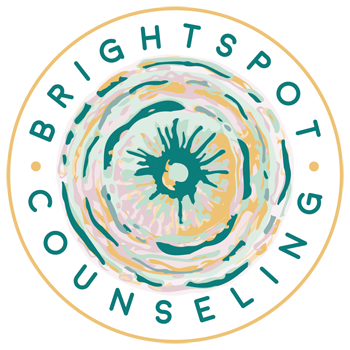Do you jump to conclusions? Have an all or nothing attitude? Make assumptions without evidence that end up negatively impacting your relationships? If you answered yes to these questions, cognitive behavioral therapy may be for you.
Cognitive behavioral therapy (CBT) is a treatment approach for a wide variety of difficulties, including anxiety, depression, sleep-issues, relationship problems, phobias, obsessive compulsive disorders, substance use disorders and severe mental illness. CBT focuses on the present- the here and now, and does not spend too much time in a person’s past, beyond gathering basic information, and aims to understand patterns of thinking that have led to the current problems in the client’s life.
The basic underpinnings of CBT are that our thoughts impact our feelings, which impact our behavior. Often, these thoughts are distorted and inaccurate, yet we accept them as truths and act upon them in ways that negatively impact our lives. These are commonly referred to as “cognitive distortions”, “automatic negative thoughts”, “intrusive thoughts”, or “thought traps”.
Here are a few examples of intrusive thoughts:
Personalization
Believing you are responsible for things outside of your control, “blaming”.
“If I didn’t do X, then Y wouldn’t have happened”.
Labeling
Name calling, but to yourself.
“This is all my fault, I’m such a failure”.
“I’m ugly and fat”.
Minimization/Magnification
Disqualifying the positive (also called mental filtering) or inflating the importance of events.
- Minimization: When someone compliments you on an achievement: “Oh, it was nothing”.
- Magnification: After a very positive review, not being able to let go of the ONE piece of negative feedback.
Fortune Telling
Making decisions based upon assumptions about what someone may do/say and how that will make you feel/reading your assumptions about the future as fact.
“I can’t tell them no, because then they won’t want to be friends anymore”.
“I’m going to sleep so poorly tonight”.
Emotional Reasoning
If I feel it, it must be true.
“I feel like such a bad friend”
“I feel dismissed, they don’t care about me”.
Black and White Thinking
All or nothing thinking.
“If I can’t do it right, then what’s the point in doing it at all?”
Mind Reading
Assuming what the other person is thinking or what their intentions are.
“They think I’m so boring”.
Magical Thinking
Believing your thoughts/actions impact things outside of your control.
“I did everything right, this shouldn’t be happening to me!”
“I’m not going to tell anyone about my job interview otherwise I won’t get the job”
Overgeneralization
Taking “evidence” from a single or few events and applying them to events forever/making broad interpretations using the words “always”, “never”, “every”.
“This ALWAYS happens to me!”
“They NEVER consider my feelings!”
Developing an awareness of cognitive distortions can give you a head-start if you’re exploring the idea of working with a therapist that uses CBT. Therapy can help you catch these thoughts and challenge them in a way that changes your feelings/behaviors and improves your life. If cognitive distortions resonate with you, reach out! Many of our therapists specialize in this type of treatment and are anxious to help.
Click on the button below to schedule a 15 minute consultation to see if a Bright Spot therapist is the right fit for you!





